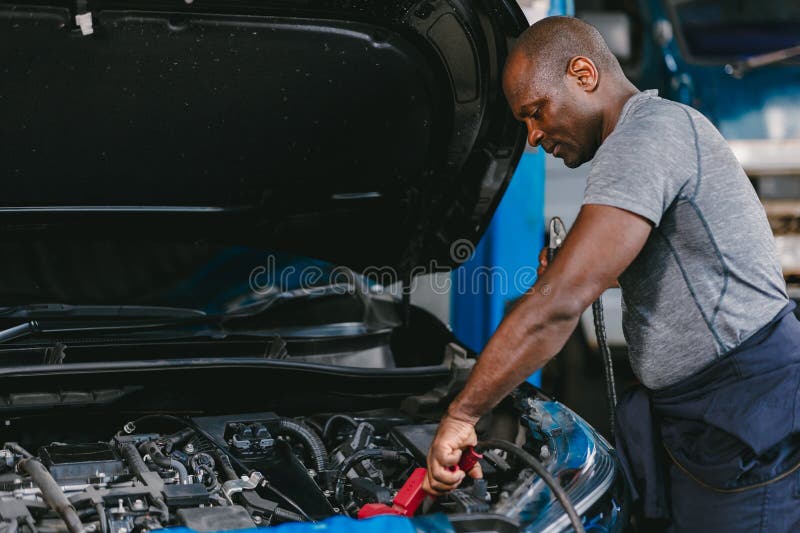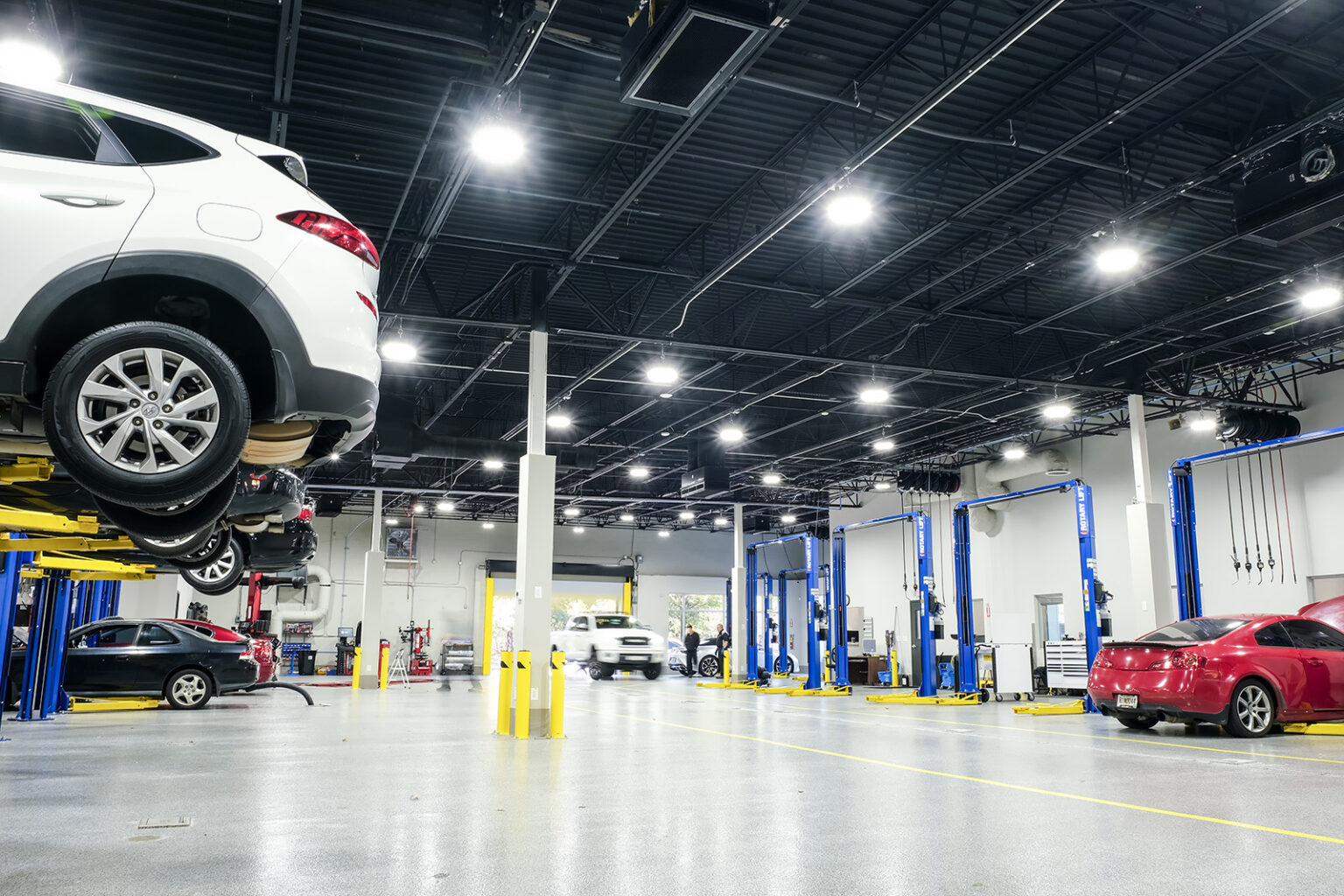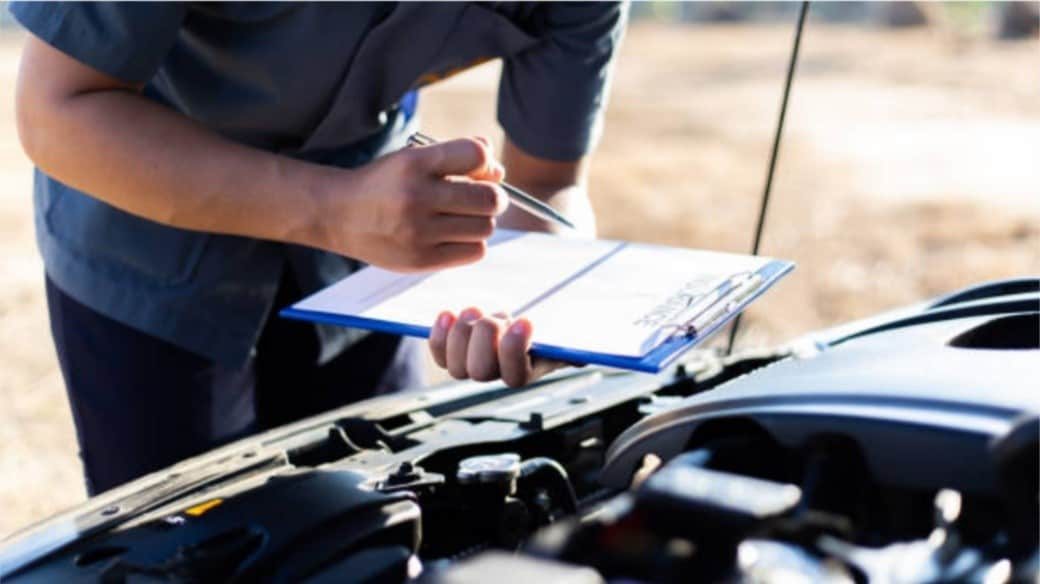All Categories
Featured
When your automobile overheats, it can feel like a major emergency, however remaining tranquil and complying with the best steps can protect against serious engine damages and assistance obtain you back when traveling securely. In this blog post, we'll explore what to do if your auto overheats and use preventative suggestions to minimize the risk of overheating in the future.
If Your Cars and truck Overheats,What to Do. Pull Over to a Safe Place The initial and crucial step if your cars and truck begins to get too hot is to draw over to a secure place as quickly as possible. Switch on your hazard lights and direct your lorry to the shoulder or right into a parking area. Maintaining your vehicle running while it's overheated can create serious damages to the engine, so it's critical to shut the engine off today.
Let the Engine Cool Down Once you have actually securely quit, enable the engine to cool. You should never ever try to open up the radiator cap while the engine is still hot, as the release of steam or warm coolant can cause burns. Wait a minimum of 15-20 minutes to allow the engine temperature to drop to a much safer level prior to proceeding.
![]()
Inspect the Coolant Degree After the engine has cooled down, check the coolant degrees by evaluating the tank or radiator. If it's reduced, leading it off with a mix of coolant and water (as defined by your lorry's manufacturer) Always utilize care when opening up the coolant storage tank, as pressure may have accumulated.
Seek Noticeable Leakages While you wait for the engine to cool, visually inspect the radiator, tubes, and coolant storage tank for any kind of noticeable leaks or cracks. A leaking radiator or pipe is a typical source of overheating. If you locate a considerable leak, it's far better to call a tow service than risk driving better and creating additional damage.
Reactivate the Engine After allowing the engine to cool down and making sure the coolant is completed, begin the engine and keep an eye on the temperature scale. If the temperature continues to climb rapidly, it's best to shut the engine off and require roadside aid or a tow to the closest auto mechanic.
![]()
How to stop Overheating in the Future. Frequently Examine Coolant Levels One of the simplest ways to avoid overheating is by keeping the right degree of coolant. Gradually, coolant can vaporize, so consistently examine the coolant degrees in the storage tank. Low coolant levels can cause the engine to overheat quickly, so leading it off as required.
Evaluate the Radiator The radiator plays a crucial function in maintaining the engine cool. Periodically inspect the radiator for any type of clogs, dust, or particles that might obstruct air movement. If you see any kind of indications of damage, such as rust or leakages, have it fixed or changed as soon as possible.
The thermostat regulates the circulation of coolant, while the water pump distributes it via the engine. If either component is faulty, it can protect against appropriate air conditioning.
Flush the Cooling System In time, coolant can break down and become ineffective, creating an accumulation of particles in the system. Flushing the cooling system every 30,000 miles, or as recommended in your lorry's handbook, assists to remove any kind of sludge or buildup and ensures the cooling system is working correctly.
Monitor the Condition of the Tubes The hose pipes in your car's cooling system can wear out or fracture in time. Examine the hose pipes for any type of indications of wear, such as bulging, fractures, or leakages, and replace them if needed. Preventing coolant leakages can go a long method in avoiding overheating.
![]()
Drive Responsibly Hostile driving, such as speeding up quickly or driving at broadband, puts extra strain on your engine and its cooling system. Try to drive at modest rates, particularly on hot days or when driving on high inclines, to decrease the opportunities of overheating.
Prevent Straining Your Vehicle Carrying extreme weight in your automobile places stress and anxiety on the engine and air conditioning system. Constantly be conscious of your automobile's weight limit, specifically if you're hauling heavy lots, hauling a trailer, or driving long distances in heat.
Conclusion. An overheating vehicle can be a frightening experience, yet understanding how to react and prevent it can save you time, money, and possible engine damage. Constantly check your coolant levels, inspect essential elements like the radiator, thermostat, and hoses, and comply with a routine upkeep routine. By remaining on top of your lorry's cooling system, you can reduce the risk of overheating and take pleasure in a smoother, safer driving experience.
If Your Cars and truck Overheats,What to Do. Pull Over to a Safe Place The initial and crucial step if your cars and truck begins to get too hot is to draw over to a secure place as quickly as possible. Switch on your hazard lights and direct your lorry to the shoulder or right into a parking area. Maintaining your vehicle running while it's overheated can create serious damages to the engine, so it's critical to shut the engine off today.
Let the Engine Cool Down Once you have actually securely quit, enable the engine to cool. You should never ever try to open up the radiator cap while the engine is still hot, as the release of steam or warm coolant can cause burns. Wait a minimum of 15-20 minutes to allow the engine temperature to drop to a much safer level prior to proceeding.

Inspect the Coolant Degree After the engine has cooled down, check the coolant degrees by evaluating the tank or radiator. If it's reduced, leading it off with a mix of coolant and water (as defined by your lorry's manufacturer) Always utilize care when opening up the coolant storage tank, as pressure may have accumulated.
Seek Noticeable Leakages While you wait for the engine to cool, visually inspect the radiator, tubes, and coolant storage tank for any kind of noticeable leaks or cracks. A leaking radiator or pipe is a typical source of overheating. If you locate a considerable leak, it's far better to call a tow service than risk driving better and creating additional damage.
Reactivate the Engine After allowing the engine to cool down and making sure the coolant is completed, begin the engine and keep an eye on the temperature scale. If the temperature continues to climb rapidly, it's best to shut the engine off and require roadside aid or a tow to the closest auto mechanic.

How to stop Overheating in the Future. Frequently Examine Coolant Levels One of the simplest ways to avoid overheating is by keeping the right degree of coolant. Gradually, coolant can vaporize, so consistently examine the coolant degrees in the storage tank. Low coolant levels can cause the engine to overheat quickly, so leading it off as required.
Evaluate the Radiator The radiator plays a crucial function in maintaining the engine cool. Periodically inspect the radiator for any type of clogs, dust, or particles that might obstruct air movement. If you see any kind of indications of damage, such as rust or leakages, have it fixed or changed as soon as possible.
The thermostat regulates the circulation of coolant, while the water pump distributes it via the engine. If either component is faulty, it can protect against appropriate air conditioning.
Flush the Cooling System In time, coolant can break down and become ineffective, creating an accumulation of particles in the system. Flushing the cooling system every 30,000 miles, or as recommended in your lorry's handbook, assists to remove any kind of sludge or buildup and ensures the cooling system is working correctly.
Monitor the Condition of the Tubes The hose pipes in your car's cooling system can wear out or fracture in time. Examine the hose pipes for any type of indications of wear, such as bulging, fractures, or leakages, and replace them if needed. Preventing coolant leakages can go a long method in avoiding overheating.

Drive Responsibly Hostile driving, such as speeding up quickly or driving at broadband, puts extra strain on your engine and its cooling system. Try to drive at modest rates, particularly on hot days or when driving on high inclines, to decrease the opportunities of overheating.
Prevent Straining Your Vehicle Carrying extreme weight in your automobile places stress and anxiety on the engine and air conditioning system. Constantly be conscious of your automobile's weight limit, specifically if you're hauling heavy lots, hauling a trailer, or driving long distances in heat.
Conclusion. An overheating vehicle can be a frightening experience, yet understanding how to react and prevent it can save you time, money, and possible engine damage. Constantly check your coolant levels, inspect essential elements like the radiator, thermostat, and hoses, and comply with a routine upkeep routine. By remaining on top of your lorry's cooling system, you can reduce the risk of overheating and take pleasure in a smoother, safer driving experience.
Latest Posts
Check Out Red Hawk Gastropub Stories for Food & Drink, Events & More.
Published Jan 08, 25
1 min read
Untitled
Published Jan 08, 25
0 min read
Bathroom Remodel Financing: Options for Detroit Residents
Published Jan 08, 25
1 min read